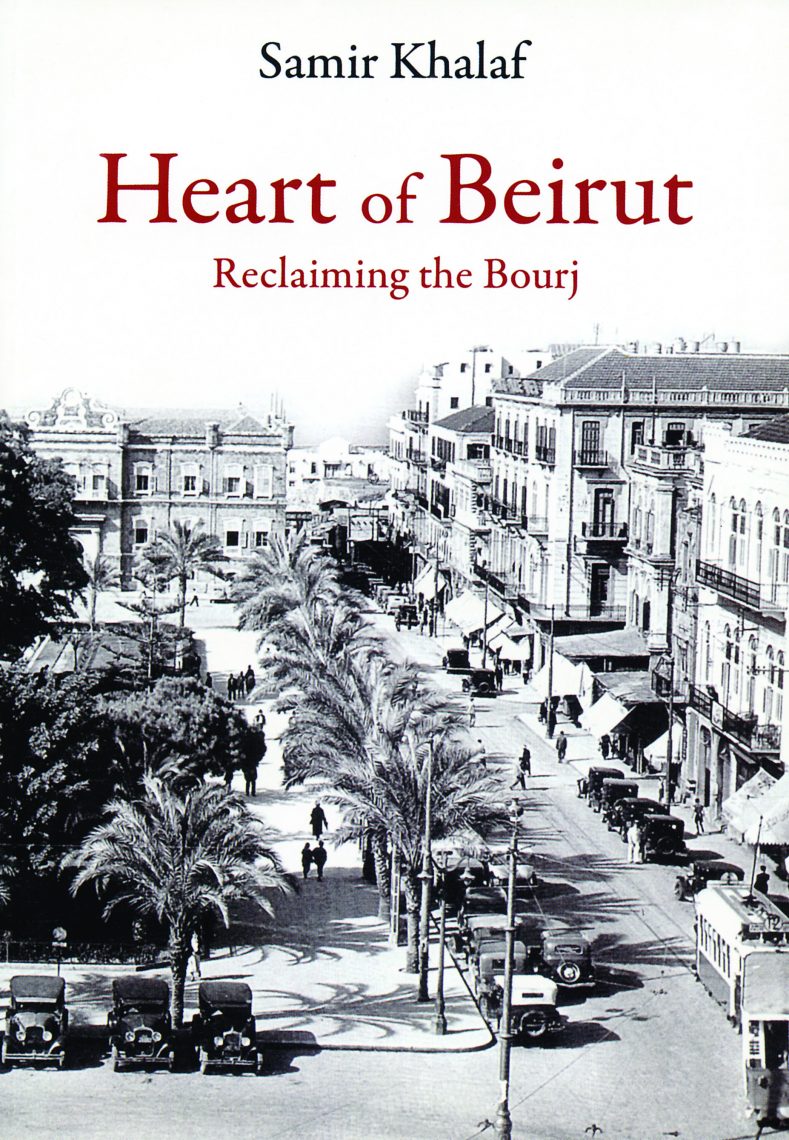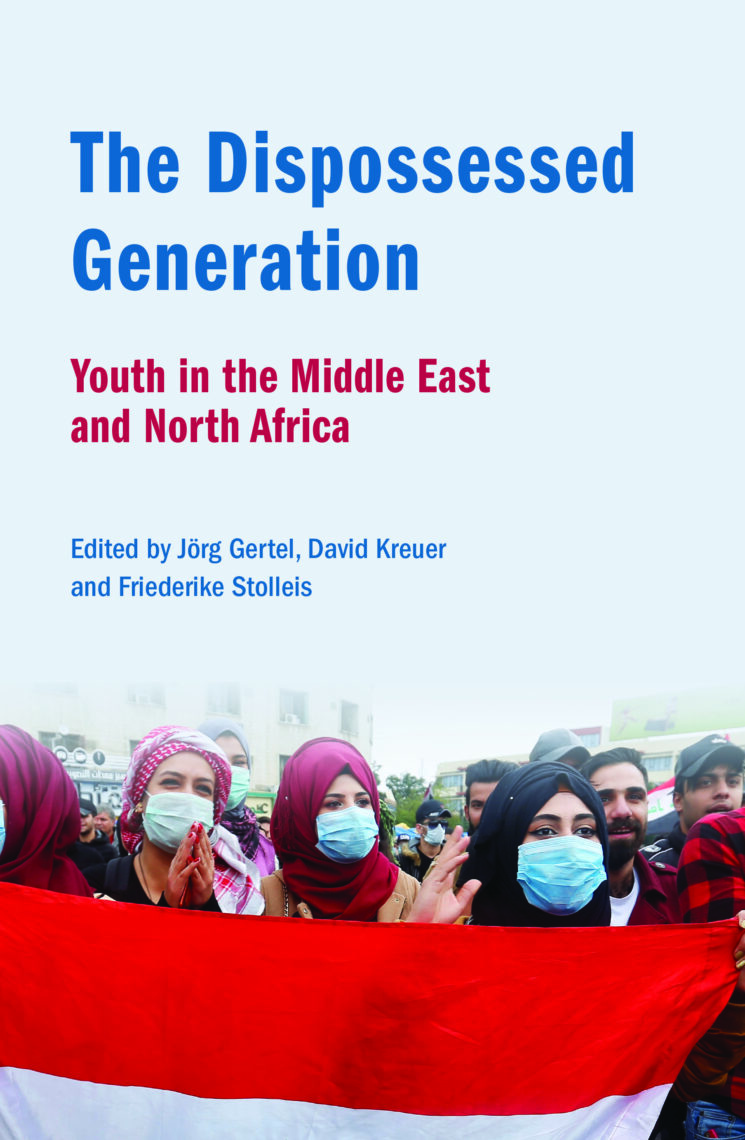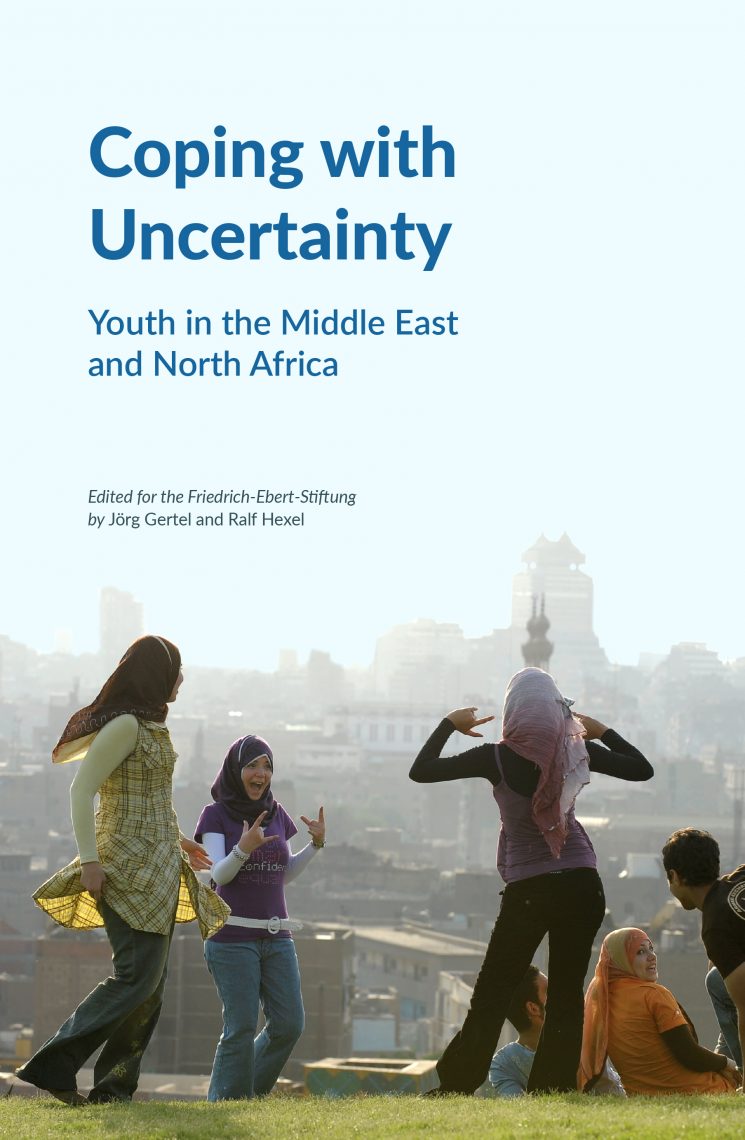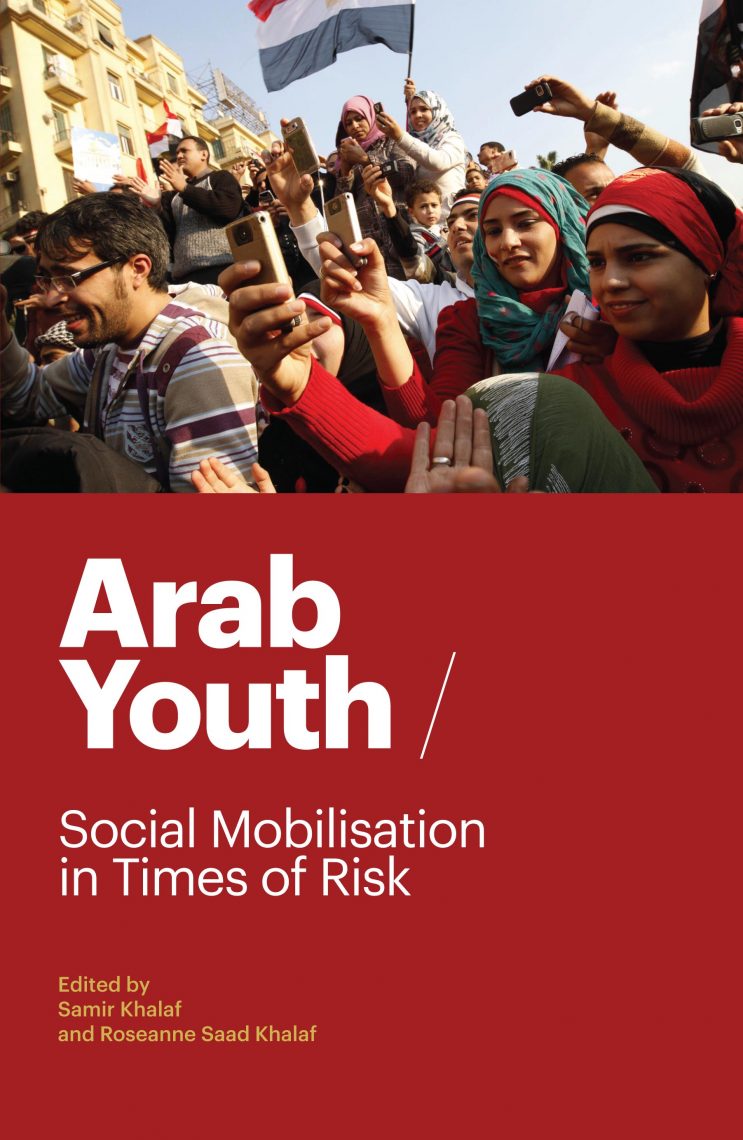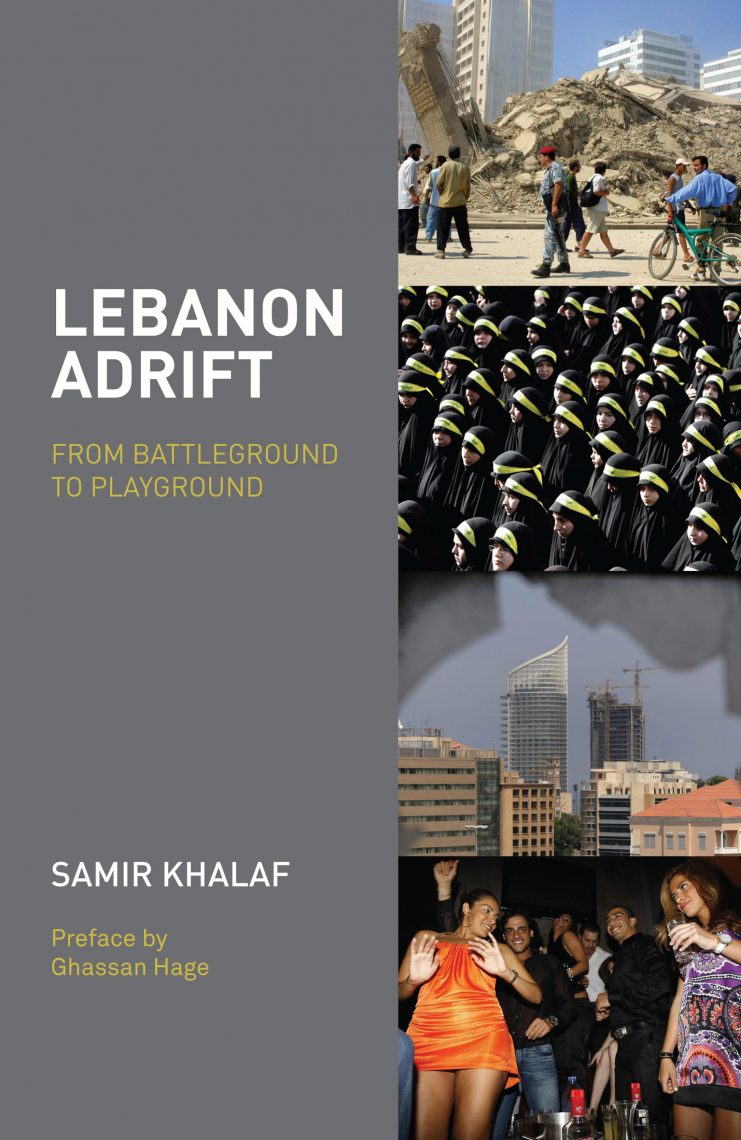
About the Book
Lebanon today is at a fateful crossroads in its eventful socio-cultural and political history. Imperiled by unsettling transformations, from postwar reconstruction and rehabilitation to the forces of postmodernity and globalism, it remains adrift.
In this landmark study, Samir Khalaf explores how ordinary citizens, burdened by the consequences of an ugly and unfinished war, persisting regional rivalries, mounting economic deprivation and diminishing prospects for well-being, find meaning and coherence in a society that has not only lost its moorings and direction, but also its sense of control. Khalaf argues that a mood of lethargy and indifference prevails, with a growing tendency for the Lebanese to seek refuge in religiosity, communalism and cloistered spatial identities, or temporary relief in the allure of mass consumerism.
About the Author
Samir Khalaf is Professor of Sociology and Director of the Center for Behavioral Research, American University of Beirut. He has held academic positions at Harvard University, Princeton University, MIT and New York University. His other books include Cultural Resistance, Heart of Beirut, Sexuality in the Arab World (co-edited with John H. Gagnon), Arab Society and Culture and Arab Youth (both co-edited with Roseanne Saad Khalaf), all by Saqi Books.
Reviews
‘Samir Khalaf is the foremost scholar writing on Lebanese politics and society today. This book re-affirms his stature with its keen observations, eloquent prose and impassioned arguments about the escapist and narcissistic maladies afflicting postwar Lebanon.’ Akram Khater, North Carolina State University
'Marked by intellectual curiosity and energy, this is an important and perceptive chronicle of contemporary Lebanon. It is a work that never quite relinquishes hope.' The Daily Star
‘A skilled sociological reading of contemporary Lebanon by a master of the discipline. Khalaf offers a penetrating critique of Lebanon’s society, including its rampant consumerism, kitsch and its appetite for nostalgia seasoned with forgetfulness.’ Augustus Richard Norton, Boston University and University of Oxford
‘Timely and provocative ... An empirically rich and theoretically broad survey of Lebanese society, capturing the excesses and dislocations of violence, consumerism and religious communalism.’ Craig Larkin, University of Exeter
